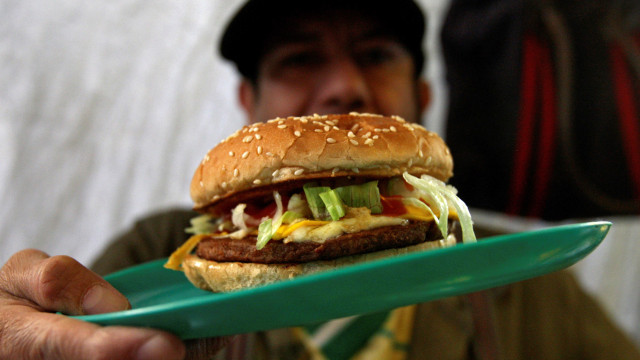The evidence that junk food isn't good for our bodies, much less our brains, is piling up like a cheeseburger with all the toppings.
Now a new study has found that a diet high in fat and sugar can lead to permanent memory impairment in rats fed these foods from an early age. This appears to be due to the fact that diets high in simple sugars and saturated fat disrupt the function of acetylcholine, a key neurotransmitter in the animals' brains that is involved in memory.
"What we're seeing not only in this paper but also in some of our other recent work is that if these rats are raised on an unhealthy diet, they have these memory impairments that don't go away," explained Scott Kanoski, a neuroscientist. from the University of Southern California, cited by Science News.
Recent research has linked eating unhealthy, processed foods to the risk of Alzheimer's disease later in life.
Other research shows that eating junk food can undermine appetite control in the brain, and obesity can alter the brain's ability to recognize fullness and feel satisfied after people consume foods high in sugar and fat.
The general finding in these studies is that the types of foods that are common in Western culture often affect memory, even when eaten occasionally.
So what happens if humans, or in this case rats, are fed this way from an early age?
The research team fed rats a high-fat, high-sugar diet from 26 to 56 days of age, a period that coincides with human adolescence, when the brain undergoes significant development. Another group of rats of the same age were fed a healthy diet instead.
In memory tests, rats fed the junk-type diet could not recognize new objects in a scene they had studied days before, or if a familiar object had moved slightly, while the control group could. These memory problems persisted even when the junk food group switched to a healthy diet for 30 days.
The researchers also found that the junk food group had reduced levels of a protein that transports acetylcholine to the hippocampus, a brain region that helps consolidate memories and spatial information. /BGNES
Junk food can cause permanent brain damage







